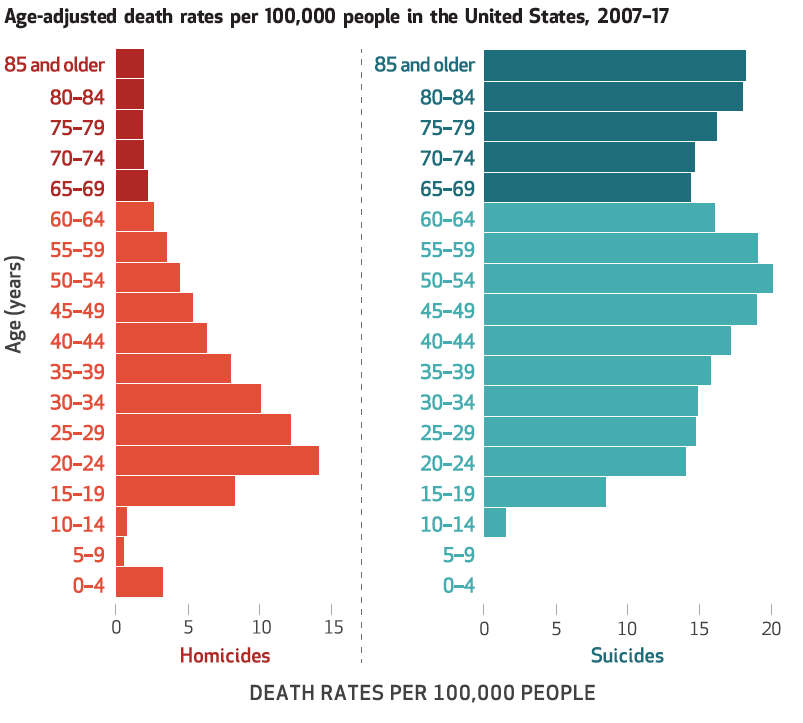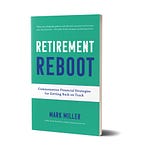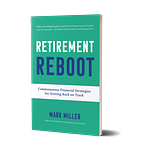
This week, the podcast takes a look at the public health problem of violence among older adults.
Violence is often portrayed in the media as a problem that affects mainly younger people. But a new study in the research journal Health Affairs shows that it’s common for violence of various kinds to affect older people. And, the problem will grow more acute in the years ahead as the population of the United States ages.

Joining me this week to talk about violence and the elderly are two of the study’s co-authors. Dr. Emmy Betz is an emergency physician at the University of Colorado Hospital. She conducts research in injury epidemiology and prevention, and has special expertise in the topic of suicide. Dr. Tony Rosen is a researcher in elder abuse and geriatric injury prevention at Weill Cornell Medical College, and a practicing Emergency Physician at New York-Presbyterian Hospital.
I talked with Dr. Betz and Dr. Rosen about the most common types of violence impacting older people and the role of firearms. We also discussed strategies for violence prevention that individuals can take to protect their families and friends, and public policy that might help reduce the incidence of violence.
Listen to the podcast by clicking the player icon at the top of this page.
And, here is some further background reading on violence and older adults that I have found useful:
Unlocked And Loaded: Families Confront Dementia And Guns. As America copes with an epidemic of gun violence that kills 96 people each day, there has been vigorous debate about how to prevent people with mental illness from acquiring weapons. But a little-known problem is what to do about the vast cache of firearms in the homes of aging Americans with impaired or declining mental faculties. Kaiser Health News.
When older Americans with depression and dementia have access to firearms. A study finds that older Americans with risk factors for harming themselves or others don't seem to be any less likely to have access to firearms than anyone else their age. Pacific Standard.
Household Firearm Ownership and Storage, Suicide Risk Factors, and Memory Loss Among Older Adults. Firearm access poses a danger to older persons with cognitive impairment; their families and caregivers; visitors, such as grandchildren; and potentially others. Annals of Internal Medicine.
In Elderly Hands, Firearms Can Be Even Deadlier. About a third of Americans over age 65 own a gun, and an additional 12 percent of them live with someone who does, the Pew Research Center report. The New York Times.
Subscribe!
This is a listener-supported project, so please consider subscribing.
The podcast is part of the subscription RetirementRevised newsletter. Subscribers have access to all the podcasts, plus my series of retirement guides on key challenges in retirement. Each guide is paired with a podcast interview with an expert on the topic; the series already covers Social Security claiming and the transition to Medicare, and how to hire a financial planner. More are in the works. For a sample, check out the recently-published guide to the cost of healthcare in retirement, featuring a podcast interview with retirement educator and actuary Steve Vernon.
You can subscribe by clicking the little green “subscribe now” link at the bottom of this page, or by visiting RetirementRevised.com. And if you’re listening on Apple Podcasts or Stitcher, I hope you’ll leave a review and comment to let me know what you think.












